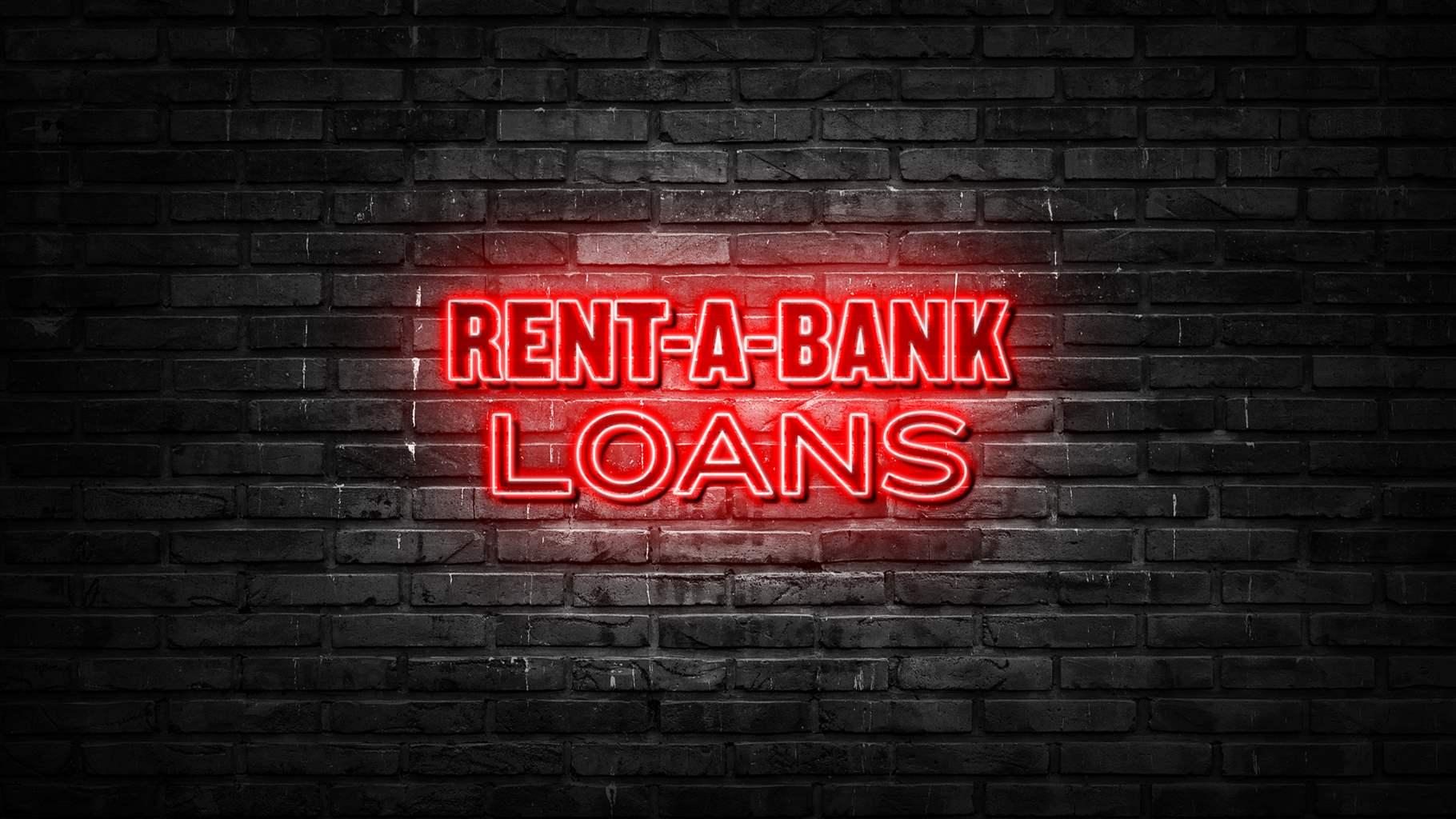Several Banks Are Charging More Than Payday Lenders for Small Loans
FDIC-supervised institutions’ prices equal or surpass payday lenders’ in 8 states

Many states have laws limiting charges for payday loans, but some payday lenders are partnering with several banks to issue loans with prices that exceed these limits. With these “rent-a-bank” arrangements, banks originate loans on payday lenders’ behalf, even in states that prohibit payday lending or allow it only with safeguards. The Federal Deposit Insurance Corp. supervises the six banks known to be engaging in these arrangements.
Rent-a-bank partnerships have resulted in loans that carry annual percentage rates that typically range from the 90s to the low 200s—rates that are much higher than what banks usually charge or that the laws of many borrowers’ states permit. But banks have pre-emption authority, meaning they can issue loans under their home state’s banking laws even if the loans’ interest rates are not allowed under the borrower’s state consumer credit laws. Because the rent-a-bank payday lenders market and service these transactions and bear most of the risk, some states view them as the true lender and have sued or threatened enforcement actions for violating state laws.
The eight states that allow payday loans and have banks that charge as much as or more than state-licensed payday lenders are Colorado, Hawaii, Maine, New Mexico, Ohio, Oregon, Virginia, and Washington. For example, in Virginia, a car title lender—which is similar to a payday lender but secures loans with car titles—makes loans that it contends do not have to comply with Virginia law because they are originated by a Utah-based bank. This lender issued a three-year, $2,272 loan with an annual percentage rate (APR) of 98.7%, and $4,867 in finance charges. This means the borrower would repay $7,139 on a $2,272 loan. For a customer with a comparable credit history, the cost from a state-licensed nonbank lender for the same loan in Virginia is about $1,611, three times less than the bank charges via its title loan partner.
Competition in markets, including credit markets, typically drives down costs. However, Pew’s prior research has found that people seeking payday loans focus on how quickly they can borrow, how likely they are to be approved, and the ease of borrowing. Payday lenders therefore tend to compete on these factors rather than price because their customers are in dire financial straits. Borrowers’ low sensitivity to cost when they are in distress explains the lack of price competition in payday lending.
Comparison of Loans Issued by Payday Lenders vs. FDIC-Supervised Banks in 8 States
| State | State-licensed payday loan | Rent-a-bank payday loan | ||
|---|---|---|---|---|
| Ohio | $1,000 for 11 months | $454 cost 88% APR |
$1,000 for 11 months | $782 cost 149% APR |
| Washington | $405 for 39 days | $55 cost 126% APR |
$450 for 39 days | $125 cost 260% APR |
| Colorado | $500 for 4 months | $110 cost 101% APR |
Not disclosed | 189% APR |
| Maine | $300 for 14 days | $25 cost 217% APR |
Not disclosed | 189% APR |
| New Mexico | $1,000 for 6 months | $568 cost 175% APR |
$1,000 for 9 months | $858 cost 175% APR |
| Oregon | $300 for 1 month | $39 cost 154% APR |
$450 for 1 month | $100 cost 262% APR |
| Virginia | $1,000 for 6 months | $246 cost 86% APR |
$1,000 for 9 months | $776 cost 160% APR |
| Hawaii | $1,000 for 4 months | $216 cost 100% APR |
$1,000 for 4 months | $411 cost 184% APR |
Rent-a-bank lenders operate using a high-cost business model with high customer acquisition costs, overhead, and losses. They charge high interest rates to cover these costs. But offering loans directly to checking account customers is a far better way for banks to provide safer and more affordable credit, much as Bank of America, U.S. Bank, and Huntington Bank already do. In good news for consumers, Wells Fargo, Truist, and Regions announced plans in January to offer new small loans. These programs can reach customers with low credit scores who previously have not qualified for bank loans. Smaller banks can rely on technology vendors to offer their customers similar automated small loans.
This affordable credit has the potential to save millions of borrowers billions of dollars compared with payday loans, and regulators are appropriately welcoming them. But high-cost rent-a-bank loans that sometimes cost even more than payday loans have no place in the banking system. The FDIC should shut down high-risk, high-loss partnerships that result in loans that many state laws otherwise prohibit.
Alex Horowitz is a principal officer and Chase Hatchett is a senior associate with The Pew Charitable Trusts’ consumer finance project.







